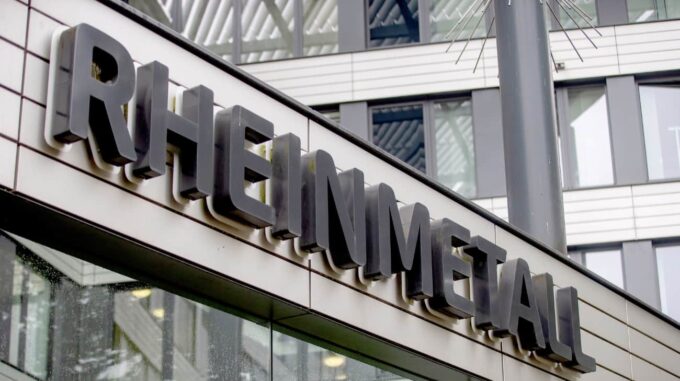Rheinmetall and Lockheed Martin Strengthen Cooperation to Develop Missile Production in Europe

On Wednesday, May 30, German defense corporation Rheinmetall announced a significant expansion of its collaboration with American company Lockheed Martin, which is internationally recognized as a leading manufacturer of aerospace technologies and missile systems. This move aims to increase missile and ammunition manufacturing capabilities in Europe, a strategically important step toward enhancing the continent's security amid modern challenges. According to a press release from Rheinmetall, the companies plan to establish a joint European center of excellence focused on the production and distribution of missile systems and ammunition. This represents not just an expansion of cooperation but a targeted step toward strengthening Europe's defense independence, reducing reliance on external suppliers, and laying the groundwork for greater self-sufficiency in the defense sector. The planned headquarters of the new center will primarily be located in Germany, with additional involvement from other European countries, making this project an example of European integration in the defense industry. This initiative aligns with the new geopolitical context, where bolstering defense capabilities is a priority for NATO member countries, especially considering increasing military activity and threats from an aggressive neighboring country. These combined efforts will encompass not only the manufacturing of missiles but also research, development, and technological advancement in this field. Integrating Rheinmetall’s experience as a leading European supplier of weapon and ammunition systems with Lockheed Martin’s technological capabilities in creating modern missile systems will provide a new level of productivity, security, and innovation. Lockheed Martin Vice President for International Affairs, Ray Pessel, emphasized: “This cooperation is an important step in supporting our European customers in fulfilling NATO commitments. By combining our expertise and Rheinmetall’s cutting-edge technologies, we are building a solid foundation to meet the rapidly growing security demands of the European region.” The implementation of this large-scale project will depend on approval from the relevant U.S. and German government authorities, which is standard procedure for defense initiatives of this scale. This underscores the importance of international cooperation in defense technology and the need to adhere to high standards of security and diplomacy. Germany’s Rheinmetall, the largest and most successful producer of 155mm artillery shells in the country, already demonstrates a significant role in supporting Ukrainian defense. These munitions have become a key component in the ongoing conflict and hold considerable interest for the European and global markets. The background of this strategic move roots in Rheinmetall’s long-term plans to strengthen its position in the international market. In December 2024, the company signed an agreement with Lithuanian state entities—the energy company Epso-G and the arms factory in Hırayti—to establish a joint venture for the production of 155mm artillery shells in Baisogali. Approximately 260 million euros are allocated for the realization of this project. This is another step toward strengthening Europe's military independence and developing self-sufficient capabilities in the defense sector. Recently, in February, it was announced that Rheinmetall plans to repurpose its civilian manufacturing facilities, including those producing automotive parts, for defense industry needs. This strategic move will allow increased production of military equipment and munitions, which is especially relevant given current conflicts and the intensification of military presence in the region. Thus, Rheinmetall and Lockheed Martin’s initiatives carry not only commercial but also strategic significance for European security. The establishment of new production centers and technological solutions will promote a more self-reliant regional defense capability and serve as an example for other countries in developing modern defense systems capable of rapid response and technological independence. This is a clear signal that Europe is strengthening its position in the defense-industrial complex, striving for greater autonomy in ensuring its own security and fostering collaboration among leading international companies.

